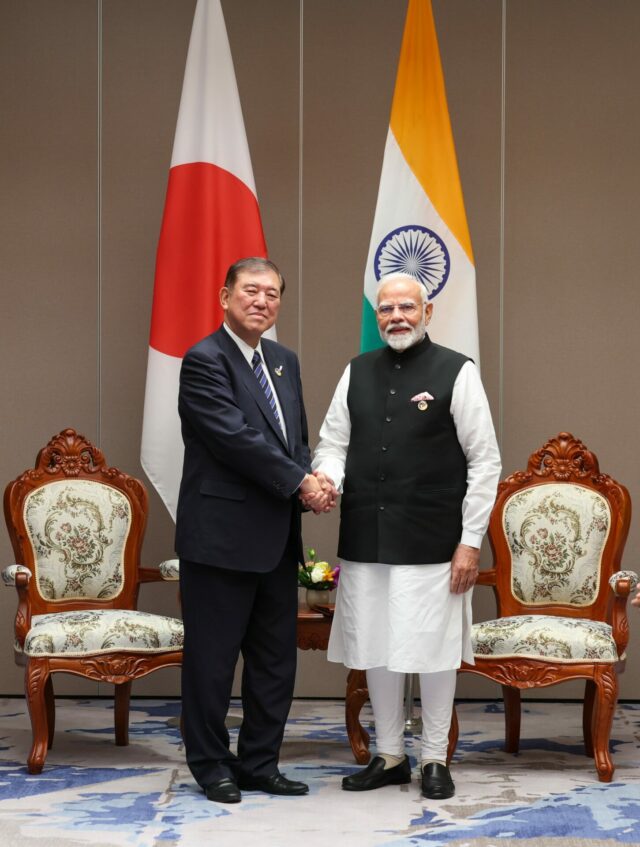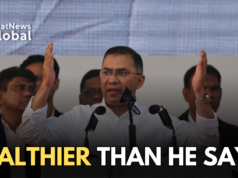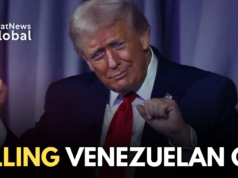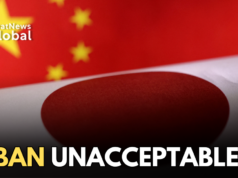
Narendra Modi’s visit to Japan beginning Friday may seem like a stop over, given expectations of sound, spectacle and more from the SCO Summit in Tianjin, China, that takes place immediately thereafter.
“But that is not to say the Japan visit is not planned,” says Debendra Sahu,” associate professor and Japan scholar at Jindal Global University. “It’s an opportunity to brief Prime Minister Shigeru Ishiba on recent developments involving not only Donald Trump but perhaps more important, India’s outreach to China.”
That outreach is of recent vintage. President Xi Jinping’s letter to his Indian counterpart Droupadi Murmu urged that relations should be strategic and long term underpinned by mutual trust and mutual benefit. South Block has confirmed moves to militarily de-escalate, also plans to resolve less contentious areas of the disputed boundary.
Tokyo would have also noted the exchange of high level visits including, most recently, that of China’s Foreign Minister Wang Yi to Delhi.
Indian and Chinese carriers are to resume direct flights soon, FDI restrictions on Chinese companies in the wake of the Galwan clash in June 2020, are being relaxed, and Beijing has given assurances about supplying rare earth magnets and fertiliser.
“Maybe Modi wants to reassure Prime Minister Ishiba that India’s rapprochement with China and the need to move closer to Beijing are driven by necessity,” says Prof Sahu, “but the India Japan relationship stands on its own, and remains rock solid.”
Of course, Ishiba is not Shinzo Abe, the late Japanese prime minister credited with transforming relations with India. His address at a joint session of India’s Parliament in 2007 is remembered even today, when he articulated his vision of a shared maritime identity and strategic space of the Indian and Pacific oceans.
Ishiba seems a less charismatic figure who is also internally distracted: his party lost its parliamentary majority in last month’s election and he is politically weakened although determined to see things through.
Modi and Ishiba are expected to review bilateral relations with hints of Tokyo doubling its private sector investment in India to $68 billion over the next decade. There’s speculation Japan’s legacy semiconductor, LCD and battery production will move to India.
Cooperation in defence and security is likely to be ramped up with the joint declaration on security cooperation, signed 17 years ago, being revised. There are hints of Japan placing orders with Indian shipyards.
“Obviously, Modi and Ishiba will talk about the Quad summit if it happens in two months time,” Prof Sahu said, underscoring that a big question is whether Trump will come given the downturn in relations with India.
“Japan and India hold the Quad in huge importance but one cannot claim strategic partnership while threatening with a big stick,” he said, alluding to Trump’s blandishments and insults directed at India.
How that story ends is not clear, and there’s really nothing Japan can do about it. But the Quad is all about shared values, with or without Trump.
Thirty eight years in journalism, widely travelled, history buff with a preference for Old Monk Rum. Current interest/focus spans China, Technology and Trade. Recent reads: Steven Colls Directorate S and Alexander Frater's Chasing the Monsoon. Netflix/Prime video junkie. Loves animal videos on Facebook. Reluctant tweeter.




